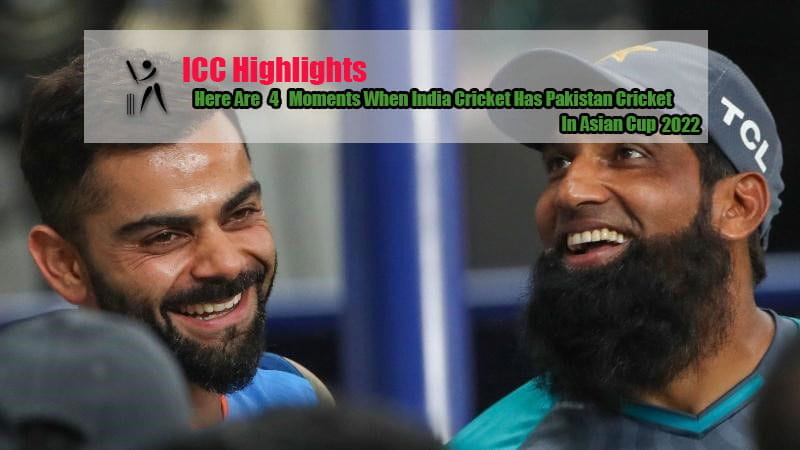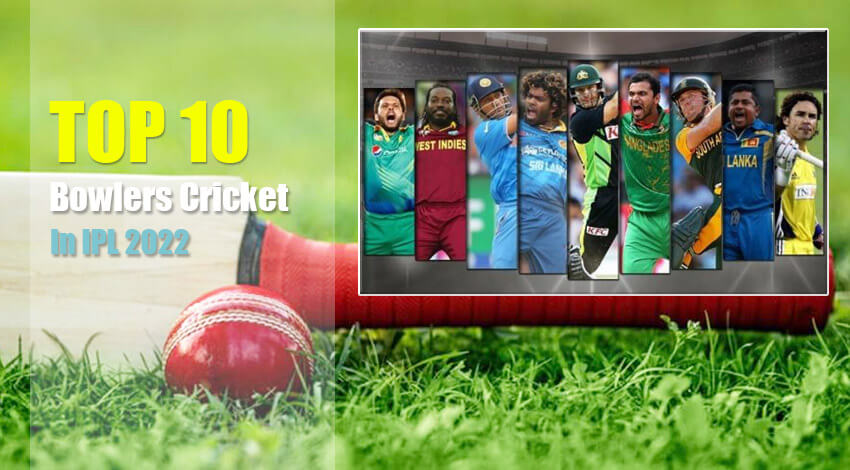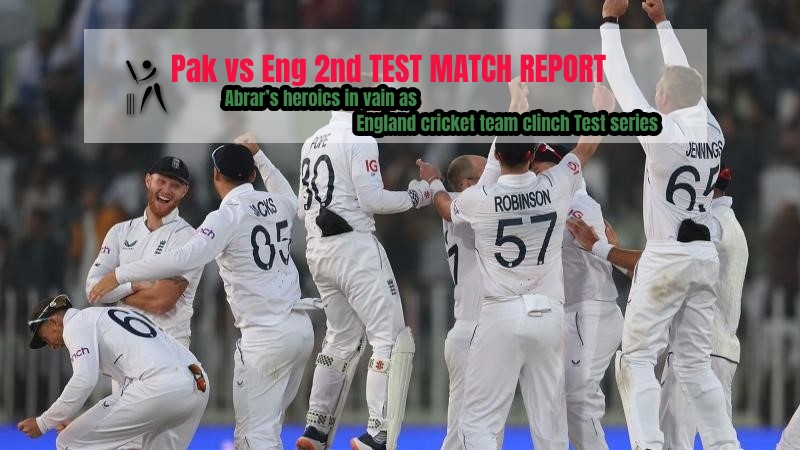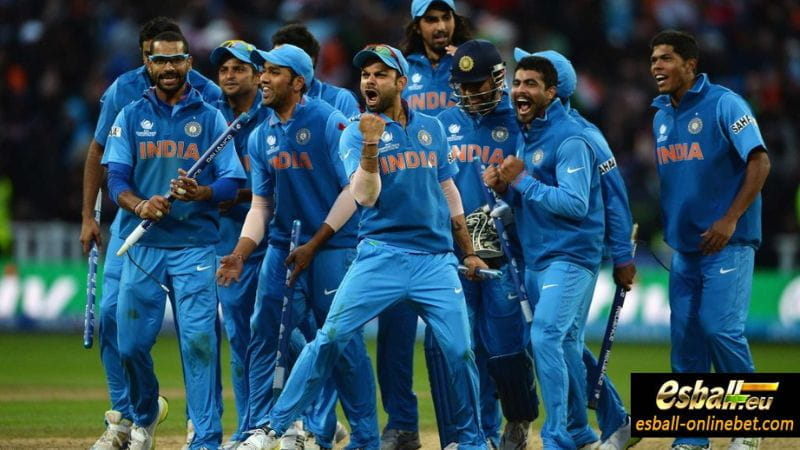- All
- Online Sport Betting Tips
- Indian Premier League Betting
- Big Bash League
- Cricket World Cup 2023
- Cockfight Game Betting
- Kabaddi Information 2023
- Cricket Betting Sites
- T20 World Cup Betting
- Asia Cup Betting
- ODI World Cup Betting
- Test Championship Betting
- Cricket Teams & Players Highlights
- Cricket News
- Cricket Schedule
Initially, ODI cricket had 60 overs per innings, and the Cricket World Cup, generally held every four years, is played in this format. Kerry Packer announced the r<>ival World Series Cricket competition in the late 1970s.
Most features introduced during that series are a major part of ODI cricket, including colored uniforms, matches played at night under floodlights with a white ball, and dark sight screens.

There have been calls to scrap ODI cricket now while players have also started to retire, particularly from this format. Since the 2019 World Cup in England, the number of ODIs has significantly reduced, whereas there has been a rise in the bilateral T20 series.
Since 2020, ODI Cricket Competitions Have Gradually Decreased
In 2020, the International Cricket Council (ICC) announced the 2020–23 ICC Men's Cricket World Cup Super League, and it serves as part of the 2023 Cricket World Cup qualification process. The competition features thirteen teams, the twelve Full Members side, and the Netherlands.
Each team will play an ODI cricket series against twelve other teams, four at home and four away. Each series consists of only three ODIs, which is also one of the main reasons behind fewer 50-over games.
Before 2020, there was a great amount of five-match ODI cricket series, but now it has become the inception. Pakistan has only played 15 ODIs post the 2019 World Cup, while numerous players prefer Test and T20 cricket by taking a break during the ODI format.
Calls To Scrap ODI Cricket Format
Many legendary cricketers have advised ending ODI cricket after England all-rounder Ben Stokes bid farewell to the format. Stokes opined that England's "unsustainable" calendar would not allow him to play all three formats of the game.
Former Pakistan captain aka Sultan of Swing, Wasim Akram has recently said that the format feels like a drag even for him as a commentator. He added that T20s have become easier and it is quite tiring for a player to play the 50-over matches.
"Him deciding that he is retiring from one-day cricket is quite sad but I agree with him. Even as a commentator, one-day cricket is just a drag now, especially after the T20. I can imagine myself as a player. Fifty overs, 50 overs, then you have to pre-game, post-game, the lunch game.
"T20 is kind of easier, four hours the game is over. The leagues all around the world, there is a lot more money - I suppose this is part and parcel of modern cricket. T20 or Test cricket. One-day cricket is kind of dying.
Akram maintained that many nations are struggling to fill stadiums apart from England. "I think so. In England, you have full houses. In India, Pakistan, especially, Sri Lanka, Bangladesh, South Africa, one-day cricket you are not going to fill the stadiums."
"They are doing it just for the sake of doing it. After the first ten overs, it's just 'OK, just go a run a ball, get a boundary, four fielders in and you get to 200, 220 in 40 overs' and then have a go last ten overs.
Another 100. It's run-of-the-mill," said Akram.
On the other hand, Shahid Afridi and Ravi Shastri have advised cricket authorities to reduce ODI cricket to 40 overs now.
"ODI cricket has become quite boring now. I would suggest cutting ODI cricket from 50 overs to 40 overs in order to make it entertaining," Afridi said.
Shastri recalled his playing days when ODI cricket was 60 overs and it was reduced to 50. He thinks it won't be any problem to reduce it to 40 now as it will make the format even more enjoyable.
"When one-day cricket started, it was 60 overs. After that, people thought that 60 overs were a bit too long. People found that the span of over is between 20 to 40 and hard to digest. So they reduced it from 60 to 50. So years have gone by now since that decision so why not reduce it from 50 to 40 now? Because you gotta be forward-thinking and evolve. It stayed for 50 for too long." he said.
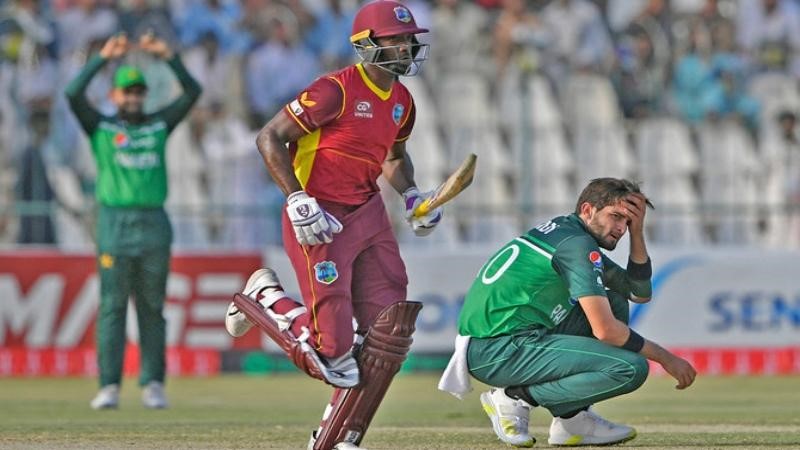
Franchise Leagues Over ODI Cricket
Recently, South Africa also opted to put its new franchise T20 league over the team's qualification for the next 50-over World Cup in India as they withdrew from the three-match ODI cricket series in Australia.
Former England captain Michael Atherton warned about the future of cricket, especially ODI cricket. "I think the game is at a tipping point, which has probably been coming since the advent of the IPL."
"You could argue the tipping point has come now with South Africa recently deciding to abandon three ODIs in Australia next year as they want their best players available for their franchise tournament," Atherton opined.
"They are prepared to slightly imperil their participation in the next World Cup to do that. That tells you all you need to know about where the balance of power is between international and franchise cricket.
On the other hand, ex-England international Mark Butcher is seriously concerned about the future of ODIs and 50-over cricket in the country which has shifted more focus to a tournament like The Hundred.
"I think the future of 50-over cricket in this country looks pretty bleak for many reasons," he warned. "The obvious one is that the Royal London Cup is now a second-rate competition with all of the better players either playing for England or in The Hundred."
"The ones that are playing 50-over cricket want to play something else. It's great for development but given a choice, they would rather be playing in a competition with more eyes on it," he added.
Even Australia star Usman Khwaja has admitted that the format doesn’t excite him the way it used to. If the council continues to give more space in calendars to T20s then the format could be forgotten way before we anticipate.
Know More About ICC Highlights Related Interest Topic
- What To Expect From England And Jos Buttler After Eoin Morgan’s Departure?
- Who Has The Best Chance To Win Asia Cup 2022?
- How Rohit Sharma Is Reviving Careers Of These Indian Stars
- Are Babar Azam and Abdullah Shafique Pakistan's Next Super Duo
Continue to take care of the majority of Esball Eu loyal players!
Now! Esball Eu is once again launching the Sign Up free ₹100 Welcome Bonus and 200% JILI Slot Game Bonus For First Deposit Casino Promotion.
You can also click to enter the Online Casino Bonus & Promo introduction, which provides more diverse casino bonuses.






